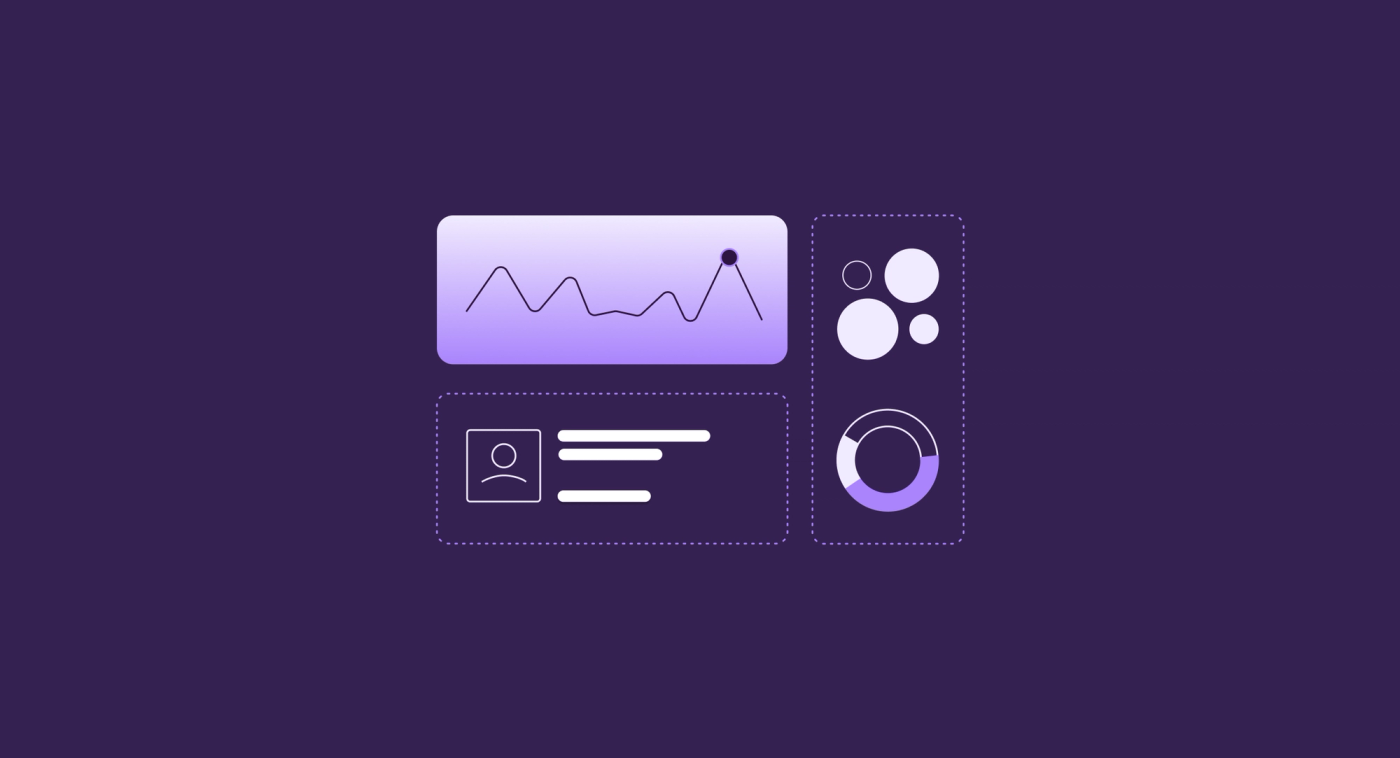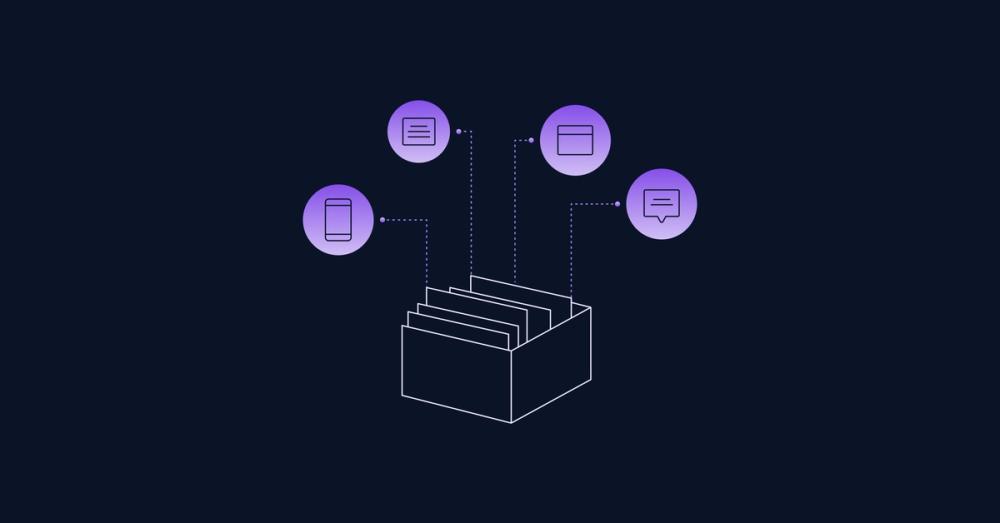- Data Privacy & Compliance
- Discovery Research
Ethical considerations when using user data in UX Research

In the field of User Experience Research user data is a goldmine of insights. It helps product teams understand how users interact with products. User data shows what customers find confusing, frustrating and what they enjoy. This data can come from various sources such as surveys, interviews, analytics and behavouioral tracking. However the collection, analysis and use of this data must be handled ethically to respect user privacy, build trust and comply with GDPR regulations.
What is considered user data? Link to this headline
User data refers to any information collected from or about users during their interaction with a product, service, or system. This data can be categorized into several types, each providing different insights into user behavior, preferences, and characteristics. Here are a categories of user data:
- Personal Identifiable Information (PII): Information that can identify an individual, such as name, email address, phone number, home address and identity number.
- Demographic Data: Information about users' characteristics, such as their age, gender, occupation, education level, income, and marital status.
- Behavioral Data: Data on how users interact with a product or service, including click patterns, navigation paths, time spent on pages, and interaction sequences.
- Transactional Data: Information about transactions made by users, such as purchase history, order details, payment methods, and transaction amounts.
By collecting and analyzing these types of user data businesses can gain valuable insights into user behavior, preferences, and needs, which can inform product design, improve user experience and drive business decisions.
The Consequences of Unethical Data Practices Link to this headline
When data is not handled ethically it has a direct effect on individuals, businesses and society at large. When users' personal and sensitive information can be exposed without their consent it leads to a sense of being constantly watched and loss of personal privacy. The internet is viewed as an extension of ourselves and sensitive personal information such as health records, and financial information are factors that we keep near and dear to ourselves. If it were to be sold and leaked to unknown sources it would directly result in distrust and a reduction in usage of services.
In all factors we need to consider those who are vulnerable and protect them. Unethical data practices can result in biased algorithms and discriminatory outcomes, affecting marginalized groups unfairly. This can lead to exclusion, inequality, and harm to certain individuals or communities. Data-driven decisions in hiring, lending, and law enforcement can perpetuate existing social inequalities and harm marginalized communities. For example, in South African , banks are increasingly investing in artificial intelligence (AI) to make loan decisions. The loan history and demographic data of applicants whom loan officers accept or reject is used to “train” AI to determine new loan applications. Although the race and gender information may not explicitly be captured, studies have show that AI can use location data and habits to predict race and gender — and inadvertently discriminate against applicants.
What are key ethical considerations? Link to this headline
Privacy and Confidentiality Link to this headline
Users must be informed about the data that is being collected, how it will be used and who will have access to it. Data should be stored securely to protect against unauthorised leaks and breaches. wherever possible data should be anonymised to protect user identities.
Informed Consent Link to this headline
Users must provide explicit consent before their data is collected. Consent forms should be clear, concise and written in plain language to ensure users fully understand what they are agreeing to.
Data Usage and Sharing Link to this headline
Data should only be used for the purposes explicitly stated in the consent form. Using data for other purposes without additional consent is unethical and often illegal. If data will be shared with third parties, this must be clearly communicated to users. Researchers should ensure that third parties also adhere to ethical data practices.
User Autonomy and Control Link to this headline
Users should have the option to opt out of data collection and withdraw their consent at any time without facing negative consequences. Users should be able to access the data collected about them and request its deletion if they choose.
Transparency and Accountability Link to this headline
Researchers must communicate their data practices transparently, including any changes to how data will be used. Establishing mechanisms for accountability, such as regular audits and adherence to ethical standards, helps maintain trust and integrity in the research process.
Best Practices for Ethical UX Research Link to this headline
Develop a Comprehensive Ethics Policy Link to this headline
Create and enforce a clear ethics policy that outlines how user data will be collected, used, and protected. Ensure that all team members are trained in ethical data practices.
Conduct Ethical Reviews Link to this headline
Before starting a research project, conduct an ethical review to identify potential risks and address them proactively. This can involve consulting with ethics committees or boards if available.
Prioritize User-Centered Design: Link to this headline
Focus on designing research methods that prioritize the user's well-being and respect their rights. Consider the user's perspective and how the research might impact them.
Use Minimal Data Collection: Link to this headline
Collect only the data that is absolutely necessary for the research. Minimizing data collection reduces the risk of misuse and enhances user trust.
Stay Informed About Legal Requirements: Link to this headline
Keep up-to-date with legal requirements related to data protection and privacy, such as the General Data Protection Regulation (GDPR) in Europe or the California Consumer Privacy Act (CCPA) in the United States.
Link to this headline
The ethical implications of using user data in UX research are significant and multifaceted. By prioritizing privacy, informed consent, transparency, and user autonomy researchers can conduct ethical UX research that respects user rights and builds trust. As the digital landscape continues to evolve, maintaining ethical standards will be crucial in fostering positive and respectful interactions between users and digital products.


